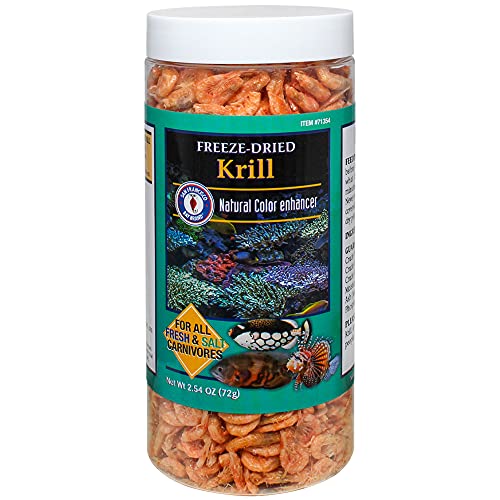I know that pH can be an issue with freshly made aragocrete/concrete, which is why those have to be cured, but everything I've read says that the pavers aren't an issue because they've been outside and aren't all that recently made. Its certainly not a bad idea to soak them and see. I've got a pH controller and some pavers I was planning on using for aquascaping, I might as well calibrate the probe, put RO in a bucket and get a base line reading, and then soak the pavers for 36 - 72 hours and check on them periodically to see what happens to the pH. Be good for me to know at the very least...
I wasn't aware, or just made an assumption that 'aging' (even outside) does not have the same effect as soaking. I'd be interested in hearing your results if you do soak and monitor yours.
Sorry about the hijack Chad...
Are you cycling the (actual) rock in tank while waiting on the stands?
Turns out that based on a very short, very informal/unscientific test....it appears that Chad and Spieszak were correct in thinking that concrete pavers can raise pH significantly.
I cleaned and calibrated my pH probe, then placed 4 pavers in a newly purchased 20 gallon brute container filled with RODi.
RODi in its original container, (a 44 gallon Brute trash container) showed a pH of 5.53
15 minutes after filling the paver container with the same water showed a pH reading of 7.3
Took a pH reading at 2pm today, (12 hours soak time) and got a reading of 10.45
The tub has the lid on and is in my basement which tends to accumulate Co2 which should have lowered pH if anything.
Ideally, I would have used a separate Brute container per brick, (4 bricks total) and would have filled them all with the same amount of water.
As it stands, I'll continue monitoring this as I may still end up using the bricks for my set up and allowing them to cure in the Brute container doesn't cost me anything but time....
However, I'll start a separate thread for that.
I just wanted to point out that it does appear to raise pH as was mentioned.


















































